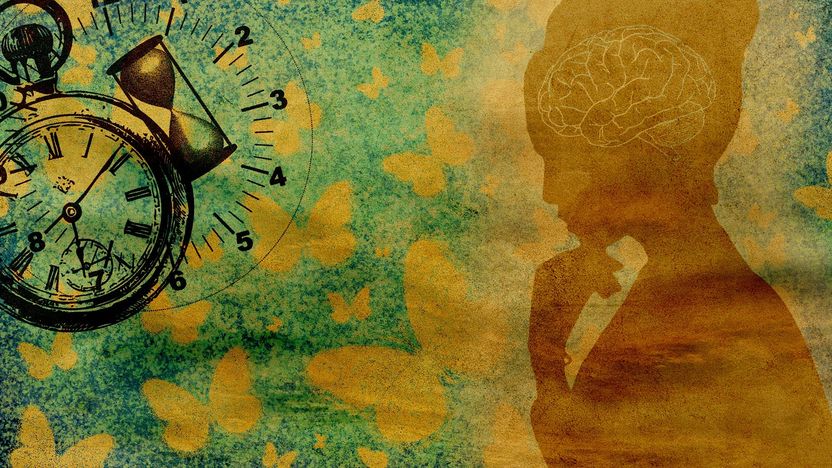Chronotype influences cognitive functions and basic parameters of human brain physiology
Advertisement
Scientists at the Leibniz Research Centre for Working Environment and Human Factors in Dortmund (IfADo) are exploring the connection between chronotype physiological processes in the human brain. The latest findings have now been published in Nature Communications. The result: chronotypes influence human brain functions from basic physiological mechanisms to higher cognitive functions, such as perception, learning, remembering and thinking.

Symbolic image
pixabay.com
The most important circadian rhythm, the ability of organisms to synchronise physiological processes to a cycle of about 24 hours, is the sleep-wake rhythm. The circadian rhythm in humans has natural differences between individuals, known as chronotype. Which chronotype a person is depends on their individual internal clock and is often referred to as morning and evening type. This internal clock determines when in the course of a day physical or mental activities tend to produce the best results. The classification into morning and evening people is also associated with a specific physiological, behavioural and also genetic expressions. However, whether and how chronotype influences human brain physiology and cognition is not yet fully understood.
The Department of Psychology & Neurosciences at IfADo therefore explores how performance and the reception, processing and storage of information are related to the early and late chronotype of humans, and how this is controlled by physiological processes. In the study which is now published, Ali Salehinejad, Michael Nitsche and their colleagues found that motor learning and cognitive abilities are significantly better at the individually preferred time compared to the non-preferred time of day. Furthermore, this is accompanied by specific physiological factors important for cognitive functions, such as excitability, and plasticity of the brain. This means that the chronotype does influence human brain functions in a specific way from basic physiological mechanisms to behaviour and cognitive functions.



























































